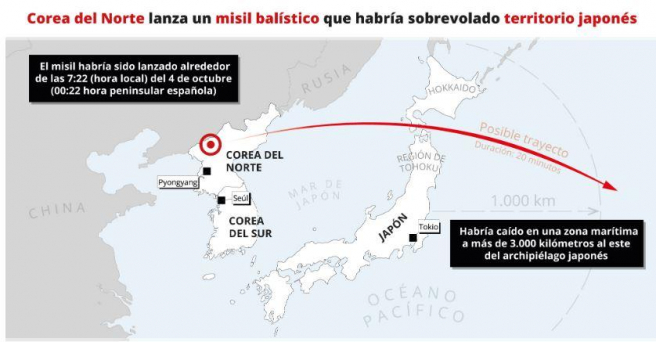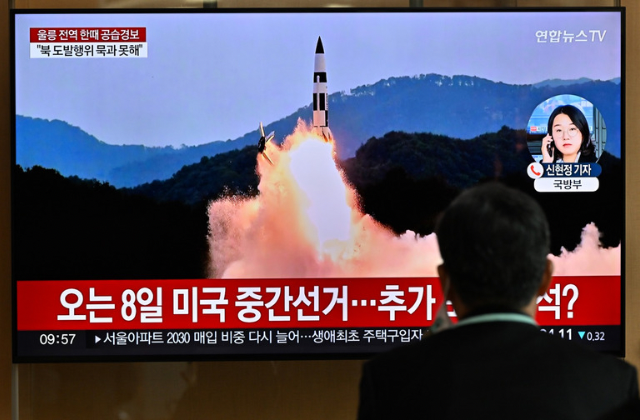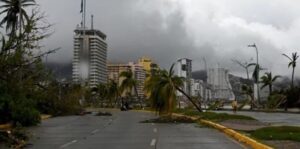
Japan defended its decision to issue a North Korean missile launch alert that prompted millions of residents to seek refuge. Even though the missile’s wreckage likely fell into the sea hundreds of miles away, Japanese officials said the safety of the population is their top priority.

The alert was issued through the “J-Alert” system, which activated sirens in Hokkaido and sent automatic messages to the mobile phones of more than 5 million inhabitants. Authorities canceled the alarm shortly after receiving an update on the missile’s trajectory, and the Japanese coast guard reported that the projectile had fallen into the sea. Despite the correction, some critics have questioned the effectiveness of the “J-Alert” system after an erroneous alert in November.
This situation underscores the potential for unnecessary panic caused by false alarms, as demonstrated in the United States in 2018.
What is J-Alert?
The J-Alert is an early warning system that uses multiple communication channels to provide important information to the population. These channels include sirens, text messages to mobile phones, radio and television broadcasts, and announcements through loudspeakers installed in public areas.
J-Alert Objectives
The main objective of J-Alert is to provide the Japanese population with early warning in case of an emergency situation. This allows people to take swift action to protect themselves and safeguard their lives. The system has been successfully deployed in situations such as earthquakes, tsunamis, volcanic eruptions, missile attacks and other events that pose an imminent threat.
Funcionamiento
The J-Alert is designed to operate quickly and efficiently. When an emergency situation is detected, authorities issue an alert using the system. The alert is broadcast through multiple communication channels simultaneously, ensuring that it reaches as many people as possible in the shortest possible time.
The importance of J-Alert
Due to the country’s geographical location, Japan is prone to a variety of natural disasters, such as earthquakes and tsunamis. These events can occur suddenly and without warning, making having an early warning system critical to saving lives and reducing damage.
In addition to natural disasters, Japan also faces security-related threats, such as possible missile attacks. In these cases, the J-Alert provides a quick warning to the population, allowing people to seek shelter and take the necessary measures to protect themselves.
If you want more articles like this, click here









